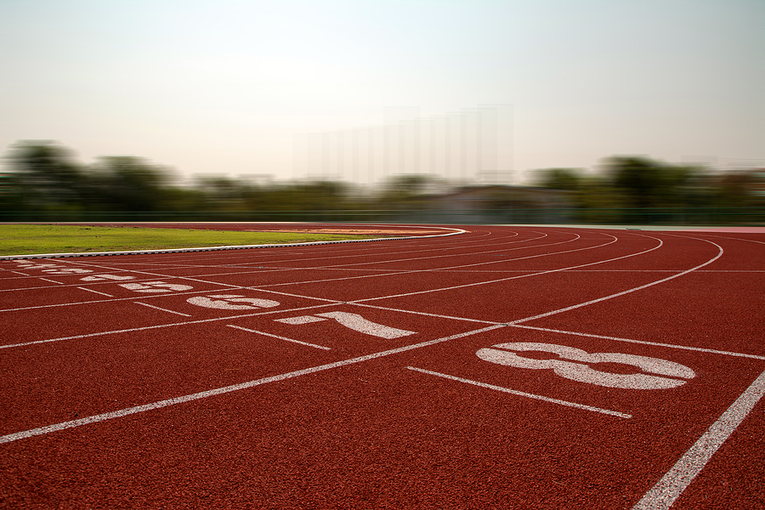![]() Hopes among the transgender sporting community of being allowed to compete in some of the world’s premier competitions have taken a major blow this week.
Hopes among the transgender sporting community of being allowed to compete in some of the world’s premier competitions have taken a major blow this week.
First, the governing body for swimming, Fina, confirmed that they will no longer allow transgender athletes to compete in traditional events against other women if they experienced any part of puberty as a biological male.
Some 71% of their members voted in favour of the ban, with Fina chiefs revealing plans to create a new ‘open’ category in which they could participate.
And now International Rugby League (IRL), the governing body for the sport, has also confirmed that transgender players will be banned from tournaments they sanction until further notice.
That will include this year’s World Cup, and comes after IRL chiefs admitted they needed to carry out more research before determining ways in which trans-women can be integrated into the sport safely.
“Until further research is completed to enable the IRL to implement a formal transgender inclusion policy, male-to-female (transwomen) players are unable to play in sanctioned women’s international rugby league matches,” the authority said in a statement.
“The IRL will continue to work towards developing a set of criteria, based on best possible evidence, which fairly balance the individual’s right to play with the safety of all participants.”
Lord Coe Hints Athletics Could Follow Suit

In 2021, the International Olympic Committee (IOC) changed its guidelines on transgender participation, and instead handed powers to each individual sport’s governors to determine how and if transgender women would be allowed to compete against their biologically-female counterparts.
The crux of the debate centres around puberty, and specifically whether an athlete experienced that process as a male – if they did, it generally gives them a number of physical advantages.
In some sports like cycling, testosterone-suppression treatments have been implemented to allow transgender competitors to enter major events, although there is still research required to determine how safe it is for transgender women to participate in physically demanding sports like rugby, wrestling and boxing.
Lord Coe, the president of World Athletics, has been placed in an unenviable position throughout the debate, although he has since applauded Fina’s stance on the subject.
“We see an international federation asserting its primacy in setting rules, regulations and policies that are in the best interest of its sport,” he has said.
“This is as it should be. We have always believed that biology trumps gender and we will continue to review our regulations in line with this. We will follow the science.”
Coe also commented that ‘fairness is non-negotiable’, and the takeaway that many have been left with is that World Athletics, who are already thought to be working on new eligibility criteria, could follow Fina in simply banning transgender athletes altogether until further research has been completed.
While that wouldn’t see transgender athletes banned from the Olympics, which remained governed by the rules of the IOC, it could see them prohibited from entering the World Athletics Championships – often considered to be the pinnacle of the various disciplines.
